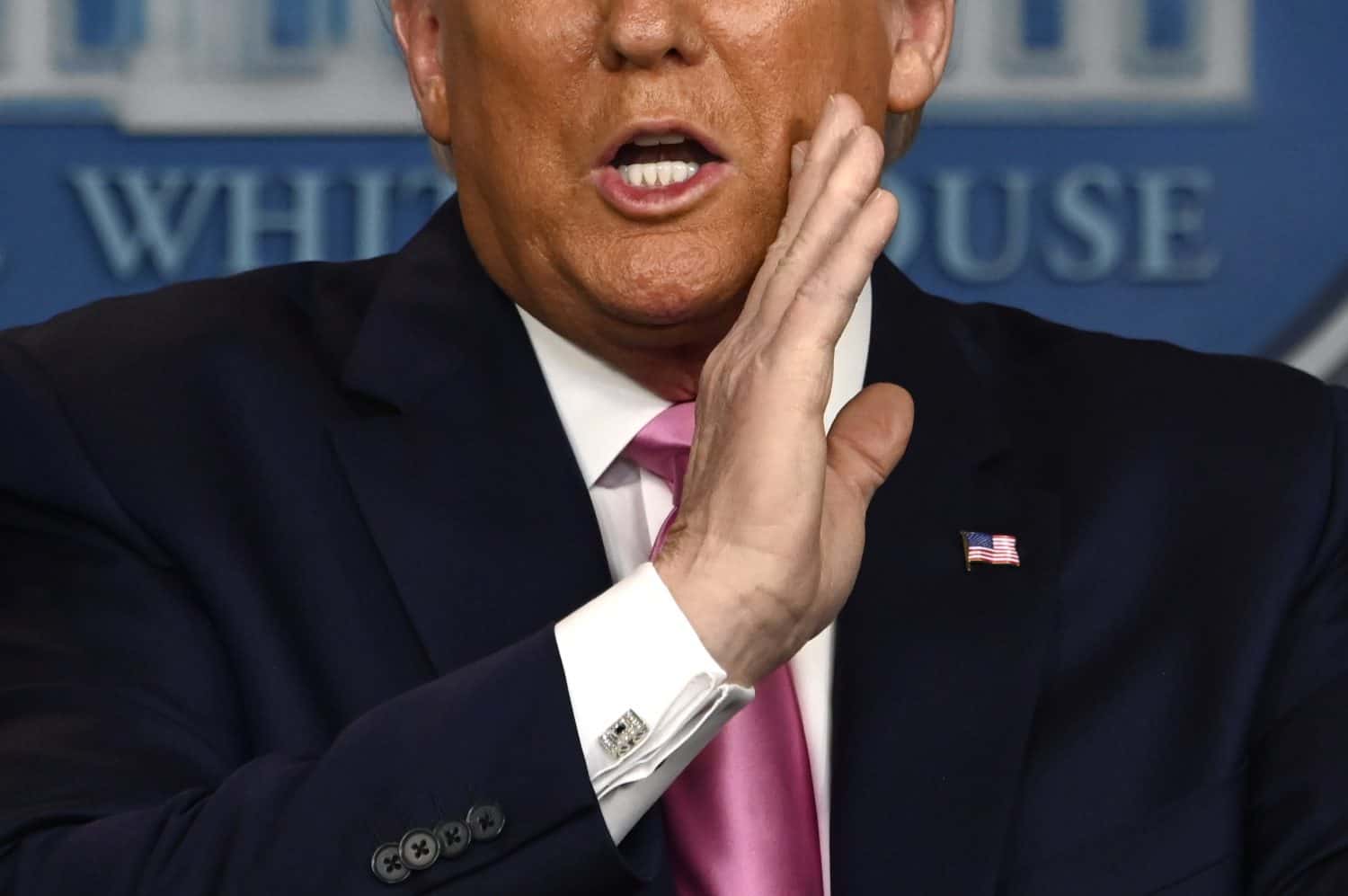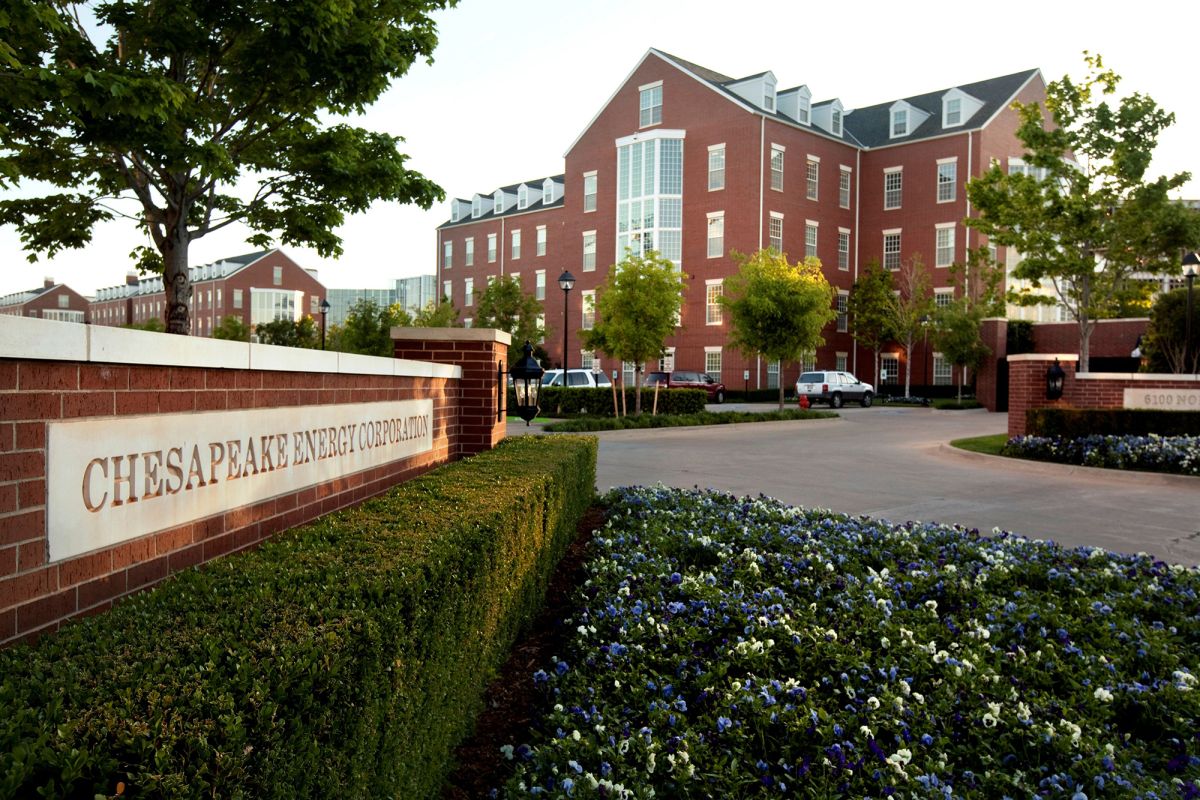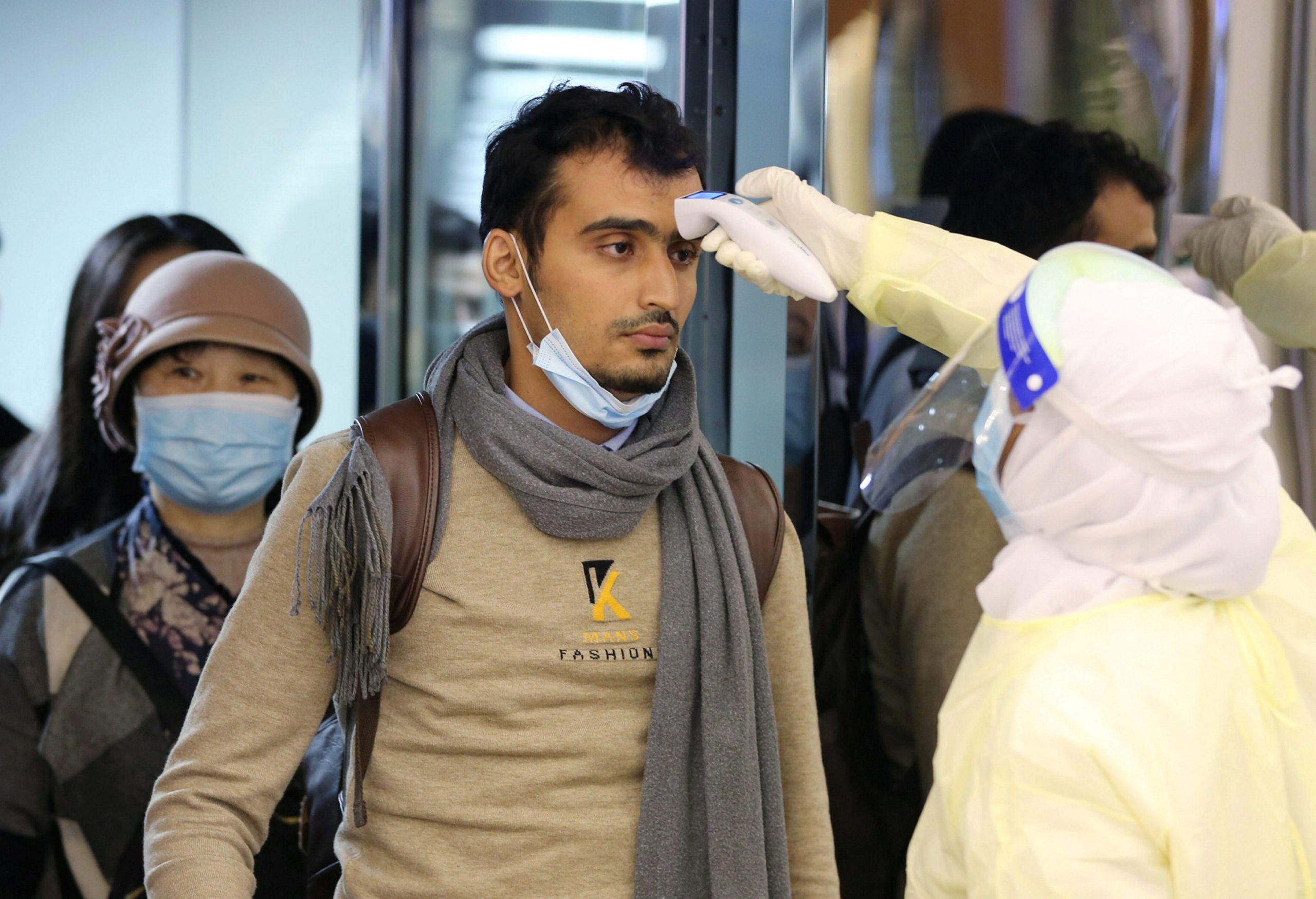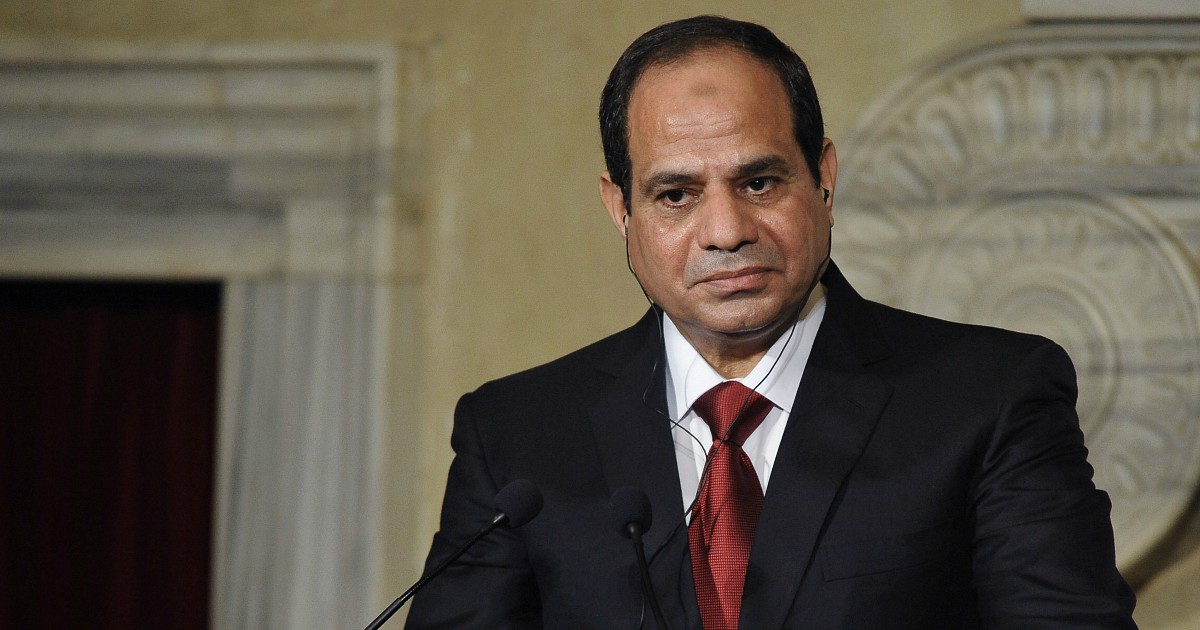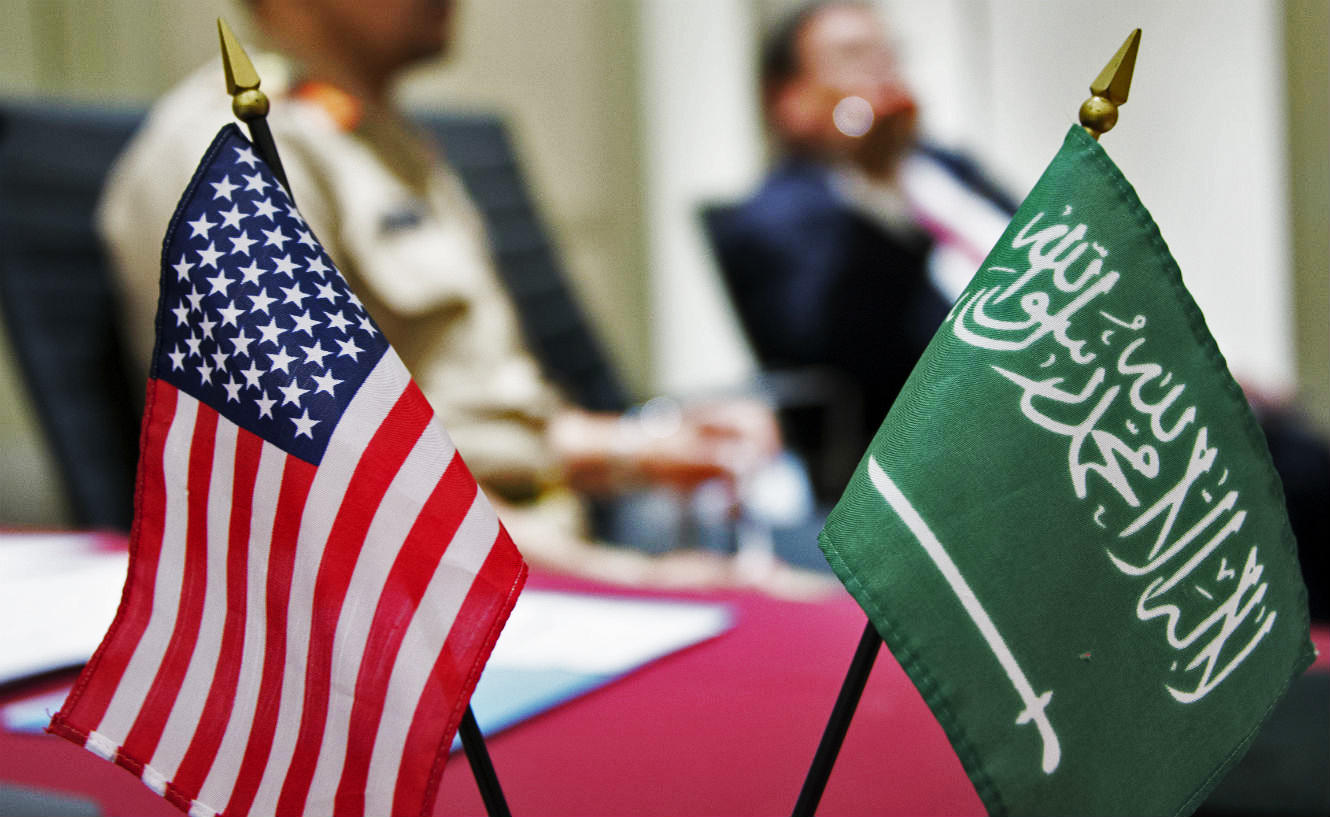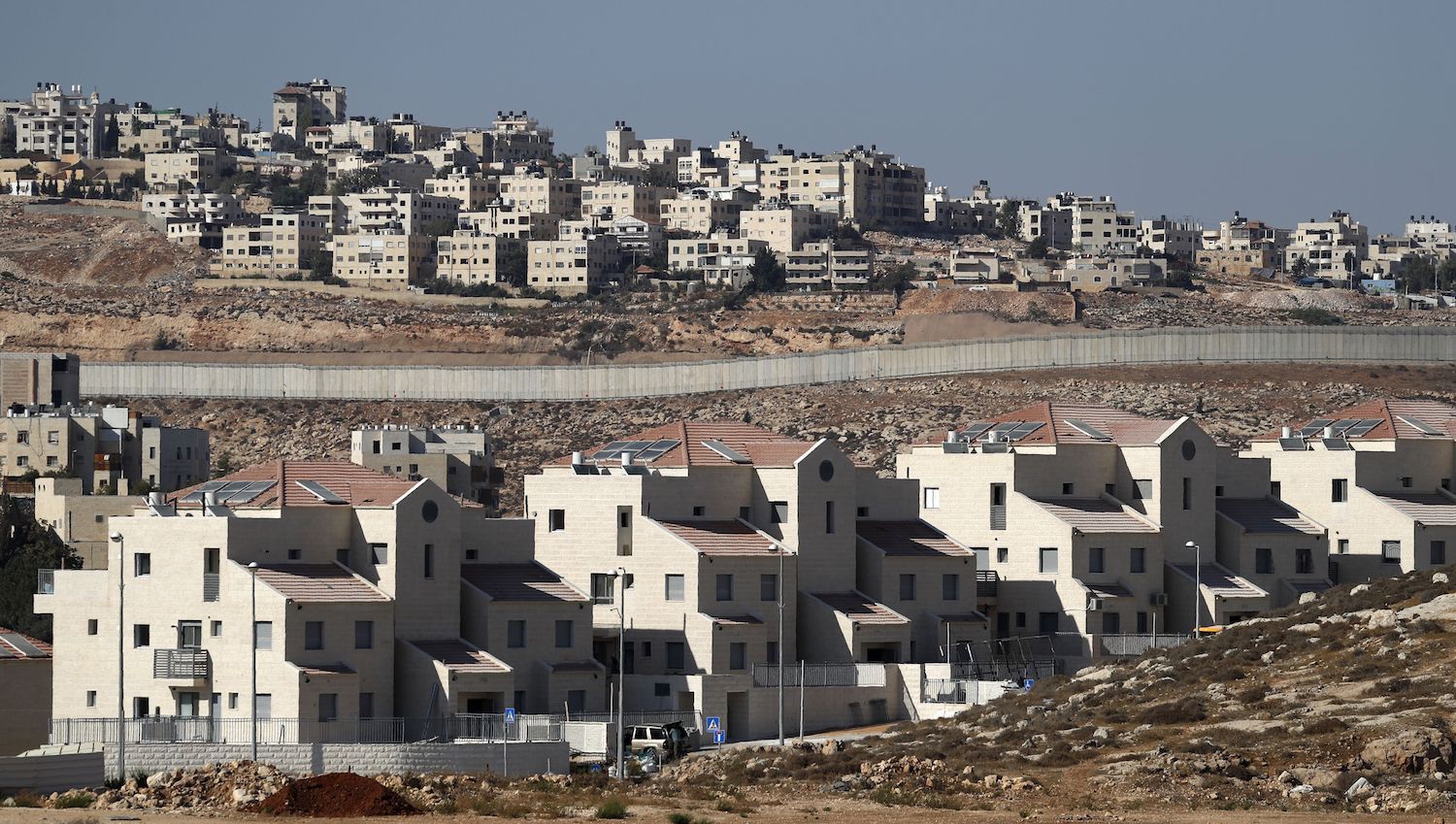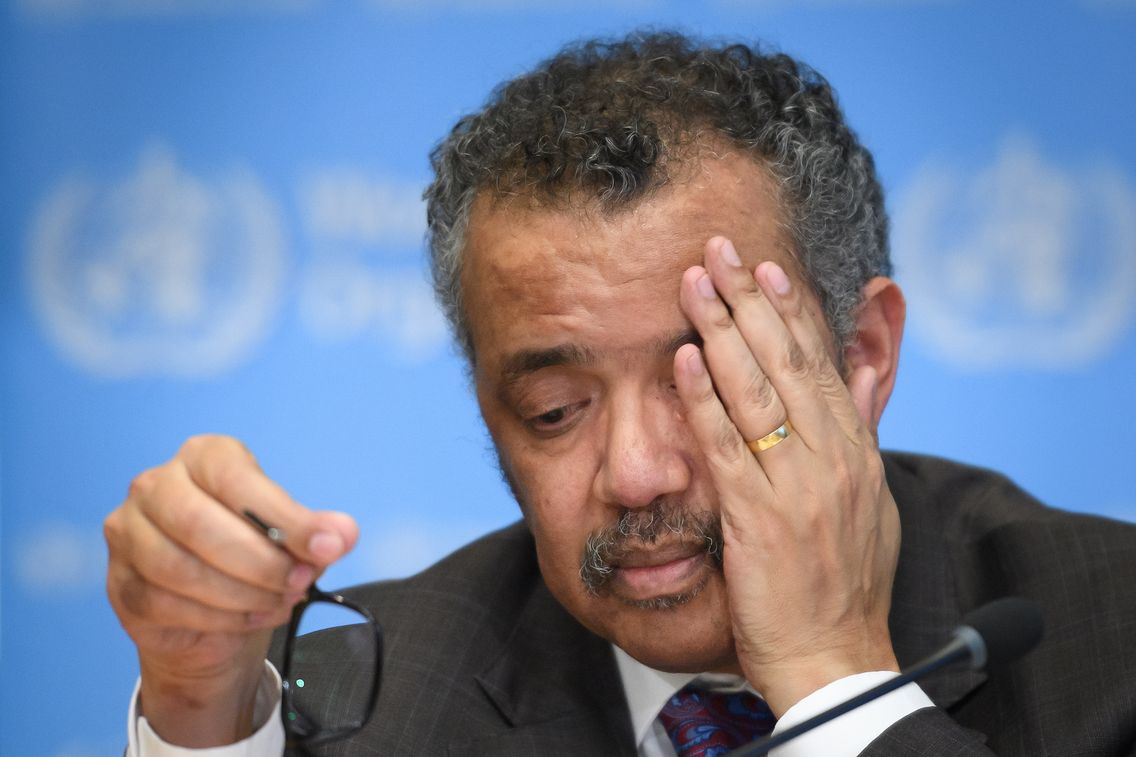In the wake of a massive backlash, US President Trump deleted a Twitter video he posted on Sunday featuring a supporter chanting “white power” at anti-Trump protestors.
Someone one the scene took the video during Trump’s campaign visit to “The Villages,” a retirement community in Florida. The Republican president retweeted the video at 7:30 a.m. on June 28. In the first seconds of the clip, a man driving a gulf buggy emblazoned with “Trump 2020” and “America First” signs can be heard screaming “white power” at a counter-protestor holding a “Make America Sane” placard.
Trump captioned the video, originally posted by an unidentified user, “thank you to the great people of The Villages. The Radical Left Do Nothing Democrats will Fall in the Fall. Corrupt Joe [Biden] is shot. See you soon!!!”
The tweet comes at a time when the United States’ explosive Black Lives Matter protests and movement has massive momentum, and racial tensions in America are running high in the wake of George Floyd’s death.
Trump’s implied endorsement of a white supremacist slogan triggered an overwhelming wave of negative backlash and by 11:00 a.m. the video was deleted from Trump’s twitter feed.
American response
People from both sides of America’s political divide united in their criticism of the tweet. Black Republican South Carolina Senator Tim Scott labelled the tweet “indefensible,” telling CNN, “he [Trump] should not have retweeted.”
Presumptive Democratic presidential nominee Joe Biden responded on Twitter on June 28 saying, “Today the President shared a video of people shouting ‘white power’ and said they were ‘great.’ Just like he did after Charlottesville” — a reference to a 2017 Trump tweet where he referred to neo-Nazis as “very fine people.”
“We’re in a battle for the soul of the nation — and the President has picked a side. But make no mistake: it’s a battle we will win,” he added.
Biden followed up those comments on Monday declaring, “white supremacy should be rooted out and relegated to the pages of history — not promoted by the President of the United States.”
The White House responded to the incendiary tweet with a statement that failed to apologize, instead claiming Trump did not hear the “white power” comment.
“President Trump is a big fan of The Villages. He did not hear the one statement made on the video,” White House Deputy Press Secretary Judd Deere said in a statement.
“What he did see was tremendous enthusiasm from his many supporters.”
Health Secretary Alex Azar also jumped to the president’s defense during a CNN interview saying that although he had not seen the tweet in question, “obviously neither the President, his administration nor I would do anything to be supportive of white supremacy or anything that would support discrimination of any kind.”

